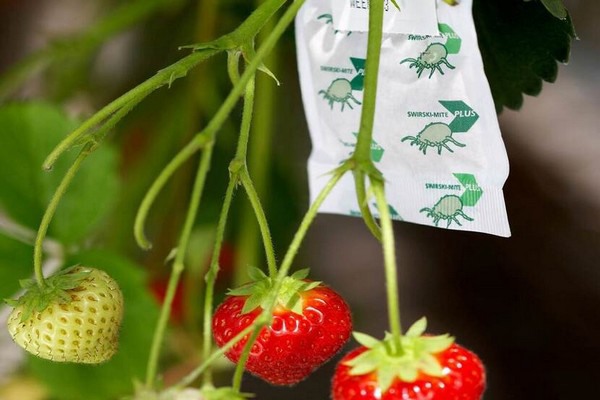Egypt is an important strategic partner of the Netherlands and continues to engage with Egypt to advance mutually shared interests, including strong commercial ties. With a population of over 101 million and a GDP of $362 billion, there are solid opportunities for the Netherlands in the medium-to-long term. Egypt’s strategic location offers companies a platform for their commercial and agricultural activities in the Middle East and Africa.

The Netherlands is a key partner for Egypt in trading agri-food technology. In order to assist Egypt in its ambition to develop the private sector to become more inclusive, accessible, and profitable. Sustainable growth and an improved business climate will lead, in the end, to more (international) economic activities, which will benefit both Egypt and the Netherlands. In 2020, Egypt has issued a new law regulate Organic agriculture in Egypt, making it a favorable environment for Dutch investors looking to expand into this sector. However, import barriers may exist that need to be thoroughly analyzed to ensure successful market entry. Despite the interest of the Egyptian government in facilitating organic agriculture trade, there are challenges facing Dutch companies to have easy access and clarity to all the regulations and procedures to make the trade process efficient.
Challenges faced by Dutch exporters and investors in Egypt include complex trade systems and new requirements affecting imported food products and agricultural inputs. Delays and complexities arise from obtaining necessary permits and certifications for importing biofertilizers and biopesticides. Moreover, the lack of harmonization between international and Egyptian standards complicates compliance with local regulations. Customs procedures and inspections can also hinder the clearance of imported goods. To overcome these challenges, it is crucial for Dutch investors and traders to work closely with local partners and industry associations to navigate the regulatory landscape effectively and develop strong relationships with Egyptian authorities.
Source: agroberichtenbuitenland.nl
